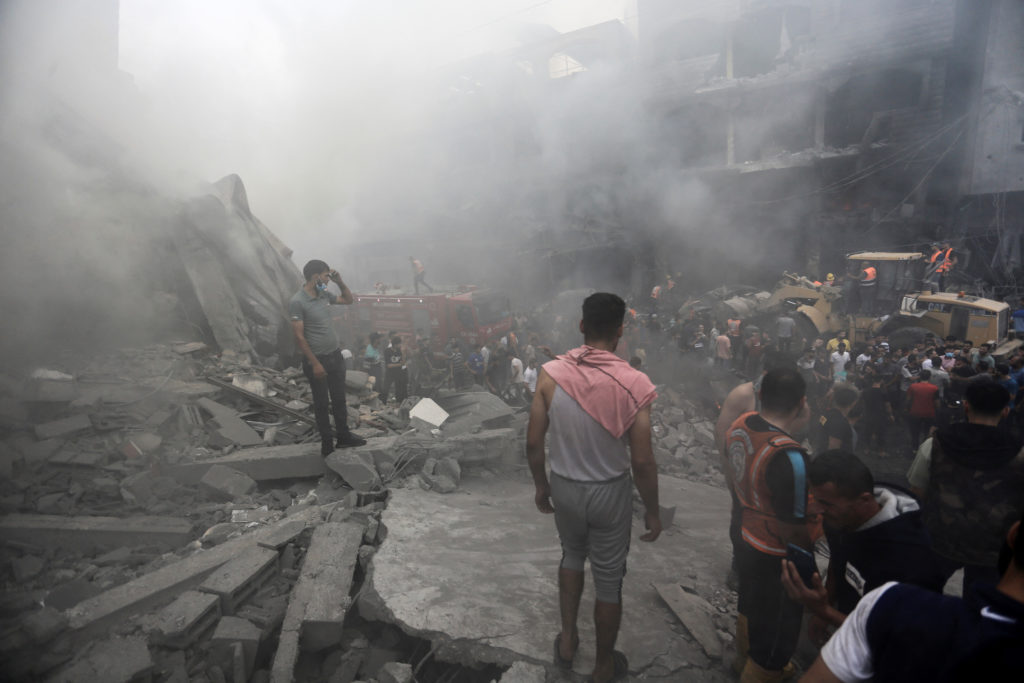British-Egyptian activist Alaa Abdel Fattah has been freed and reunited with his family after spending the past six years in jail in Egypt. One of the country’s most prominent political prisoners, he was pardoned by Egyptian President Abdul Fattah al-Sisi on Monday.
Video of the blogger and pro-democracy activist, 43, at home following his release showed him grinning widely and jumping up and down as he celebrated with his mother Laila Soueif and sister Sanaa Seif.
His other sister, Mona Seif, told the BBC from the UK that his release was a “moment of collective hope.” She expressed hopes it would mark the beginning of the release of other political prisoners detained under Sisi's rule and the end of what she called a “very dark chapter.” UK Foreign Secretary Yvette Cooper welcomed the pardon, expressing gratitude to President Sisi and anticipation for Alaa’s return to the UK.
Alaa's release from Wadi al-Natrun prison late on Monday allowed him to celebrate with family at his mother’s apartment in Giza. Laila Soueif, who launched a 287-day hunger strike last September in protest against his imprisonment, shared her elation at the reunion but emphasized that true joy would come when no political prisoners remain in Egypt.
In an interview with BBC Radio 4's Today programme, Mona expressed her eagerness to reunite with her brother, describing the last 12 years of heartache and waiting as a “nightmare.” Alaa first gained prominence during the 2011 uprising in Egypt, which led to the ousting of longtime President Hosni Mubarak.
Abdel Fattah has spent much of the last nine years behind bars, facing multiple arrests and convictions that human rights groups have condemned as unfair. Despite acquiring British citizenship in 2021, his rights were often overlooked by the Egyptian government.
Recent international pressure and advocacy from family members were pivotal in securing his release. Following the NCHR’s submission of a petition advocating for Abdel Fattah and others, President Sisi made the surprising decision to grant a pardon amid rising concerns for human rights in the country.
Mona highlighted the role of global solidarity in their campaign, crediting her mother’s hunger strike as a significant factor in achieving this moment of happiness. She also noted that this release should serve as a catalyst for the reconsideration of other political prisoners languishing in Egypt's jails.
The National Council for Human Rights affirmed that the pardon signifies a commitment to justice and fundamental rights in Egypt, while human rights advocates remain hopeful that it could signal a broader humanitarian approach under President Sisi’s administration.



















